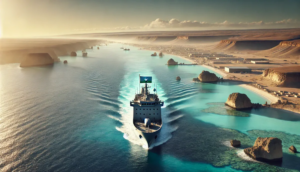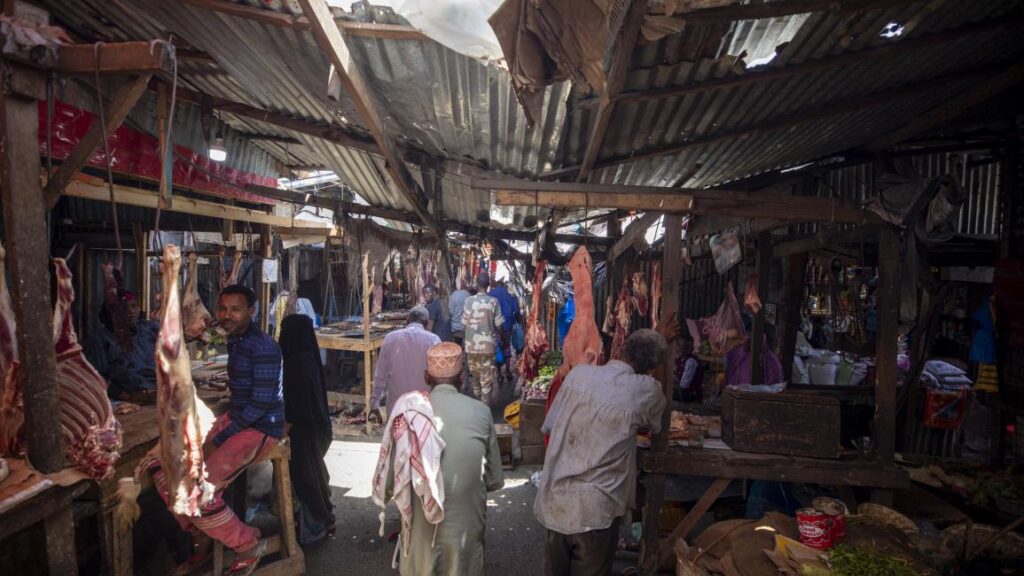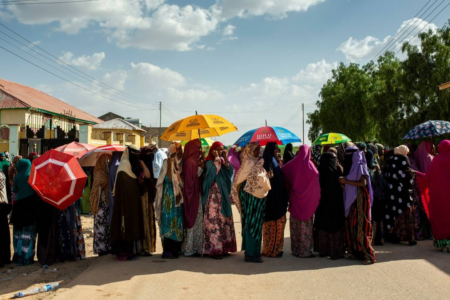In a remarkable show of resilience and adaptability, many internally displaced persons (IDPs) in Baidoa, southwestern Somalia, have managed to launch small businesses and become self-sufficient after years of relying on monthly cash assistance.
This shift comes amid significant global funding cuts that have forced humanitarian organizations—most notably the United Nations—to drastically scale back their operations in Somalia.
Drastic Cuts in Humanitarian Aid
In May, the United Nations announced that it had revised its humanitarian response plans for both Somalia and Yemen, reducing them by more than 50% due to a global drop in funding.
The new plan targets just 1.3 million people, down from the original 4.6 million—a 70% decrease. Additionally, the budget for Somalia has been slashed from $1.4 billion to only $367 million.
Small Businesses Success Stories
Despite these harsh conditions, individual success stories have emerged:
Hassan Ibrahim Abdi (75 years old), who lives in the Wori Sheikh camp on the outskirts of Baidoa, started a small business using $3,000 he saved over five years.
He used to receive $120 in monthly aid, from which he saved $50 each month.
His business now generates a daily income of $8 to $10, allowing him to support his 10-member family.
He has also purchased four livestock animals and hopes to move his family from the camp into permanent housing.
Ali Mohamed Ibrahim launched a small grocery and hardware shop in May after saving $1,800 over two and a half years.
His business earns him $9 to $10 daily, which helped him pay off $400 in debt accumulated when he first arrived at the camp.

Ibrahim Mohamed Yusuf (29 years old) invested $540—saved over 18 months—into a vegetable-selling business.
He now earns $6 to $7 a day, which allows him to cover his family’s healthcare and educational needs. “Depending on aid was never a sustainable option,” he says.
Small Businesses: A Sustainable Solution for Somalia
Small income-generating businesses are proving to be one of the most effective tools for supporting IDPs and vulnerable families in crisis-prone environments like Somalia.
Instead of relying on temporary aid, these ventures offer dignity, economic independence, and community integration.
Local banks in Mogadishu have introduced micro-loan programs to support such businesses.
While NGOs such as Qatar Charity and Direct Aid (a Kuwaiti organization) have launched initiatives like “Make Them Self-Reliant” to uplift families out of poverty.
Small businesses Are Boosting Somalia’s Economy
According to Dr. Abdulaziz Ibrahim, an economics professor at the University of Somalia:
“Small businesses play a critical role in boosting Somalia’s economy and promoting social stability.
They provide vital employment opportunities—especially for youth and women—which helps reduce unemployment and combat poverty.
These businesses also enhance household income and increase local market activity, positively impacting the broader economy.”
With Somalia’s average annual per capita income at just $1,135—the lowest globally, according to the World Bank—small businesses are emerging as a beacon of hope for thousands of Somali families striving to reclaim their lives.








